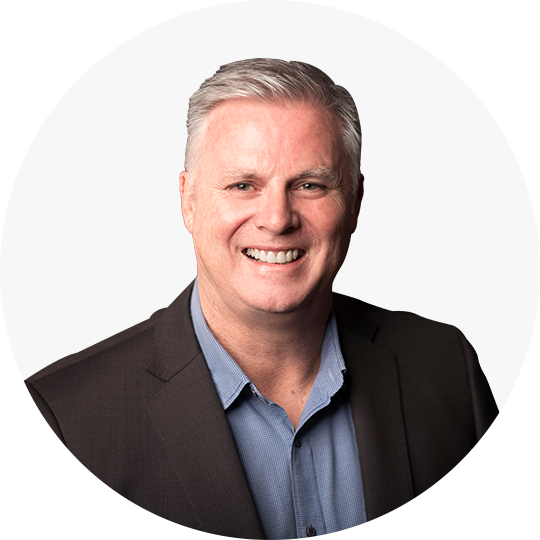To succeed in attracting, managing, and retaining high-impact talent, research shows that coaching is the number one process businesses should focus on1.
With retention and engagement being top of mind for business leaders2, and with a growing need of and demand for coaching by employees3, how can you be confident that as an executive coach, you will be successful in your engagement and deliver value to your clients that meets or exceeds their expectations?
Knowing where to start
With so many online assessments and programs it can be challenging to know where to start, or know which approach is best. There is a plethora of excellent coaching resources, assessments, and programs that you can use as tools in your coaching engagements to identify strengths, capability gaps, clarify goals and measure progress. However, it can be difficult to find an overarching framework that not only encompasses all the above factors but has a clear process on how to move from one phase of the coaching engagement to the next for optimal client outcomes.Having a clear framework
It can be labour-intensive and time-consuming to gain sufficient context and understanding of the external variables, internal processes, and business challenges a client is experiencing. Having a framework that brings these variables together to form a cohesive picture that allows for strategic action to surface is crucial for coaching success. Undoubtedly, you can trust in your ability to build a strong alliance with your client, and you can lean on your business experience in understanding the context of your client’s challenges. And, with the right framework, you can also trust the process.Trust in the coaching process is paramount to successful client engagements.
Building confidence in the process of executive coaching and business consulting often comes through learning by doing. However, having a systematic framework that is proven to deliver results over time can set you up for greater success with your clients from the outset. Ideally, you want to use a framework that can measure momentum, personal growth, and results, otherwise it can become rather subjective making success difficult to validate. From our perspective, a framework you can confidently rely on in a coaching process includes at least these three elements:1. It is flexible
Technology has done wonders for executive coaching for both the coaches and those engaging with them4. The virtual capability of coaching – through video conferencing, online platforms for reflecting and goal setting, and automated reporting systems – is almost a non-negotiable in our hybrid work culture developing geographically dispersed teams.
2. It is holistic and proactively pursues personal and professional alignment
Having a holistic approach to each client’s individual context is imperative to their growth and development. A one-size-fits-all approach doesn’t work, as there are too many personal, professional, and business variables that impact client outcomes. A framework that not only allows for but is designed around a client’s individual context – their strengths, relationships, experiences, values (what is most important), and the assumptions that often sit underneath their decisions – is an approach that is tailored to address all areas that impact business outcomes.
3. It has the ability to measure progress and results
When clients are able to monitor their progress in a systematic way, their focus and energy helps to drive and sustain momentum. In addition to establishing a rhythm of meeting on a regular basis, we have found that adding quarterly reviews and reports is a reliable way for clients to measure a) their progress and b) how flexible they are in adapting to changing market forces and business needs.
What’s the bottom line?
As companies increasingly turn to executive coaching and business consulting for leader development, engagement, and retention, it is vitally important that the organization and its employees have confidence in you (as the coach) to deliver measurable value through a coaching process they can trust.
Find out how you can leverage the benefits of the LCP® Approach with your clients while growing your coaching business with a proven coaching framework.
1 Bersin, J. (2009). High Impact Talent Management: Top 22 High-Impact Processes. JOSH BERSIN. Retrieved 2022, from https://joshbersin.com/2007/07/high-impact-talent-management-the-top-22/
2 Deloitte. (2015). Becoming irresistible: A new model for employee engagement. Deloitte Insights. Retrieved 2022, from https://www2.deloitte.com/us/en/insights/deloitte-review/issue-16/employee-engagement-strategies.html#endnote-sup-44
3 Keswin, E. (2022). 3 Ways to Boost Retention Through Professional Development. Harvard Business Review. Retrieved 2022, from https://hbr.org/2022/04/3-ways-to-boost-retention-through-professional-development
4 Lancefield, D., Cable, D., & Clark, D. (2020). How Technology Is Transforming Executive Coaching. Harvard Business Review. Retrieved 2022, from https://hbr.org/2019/11/how-technology-is-transforming-executive-coaching




